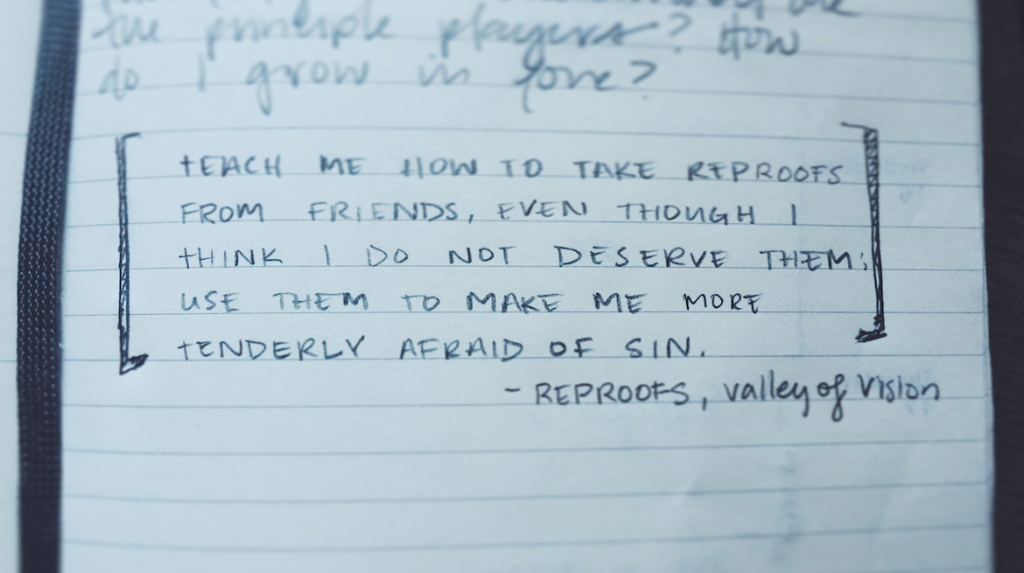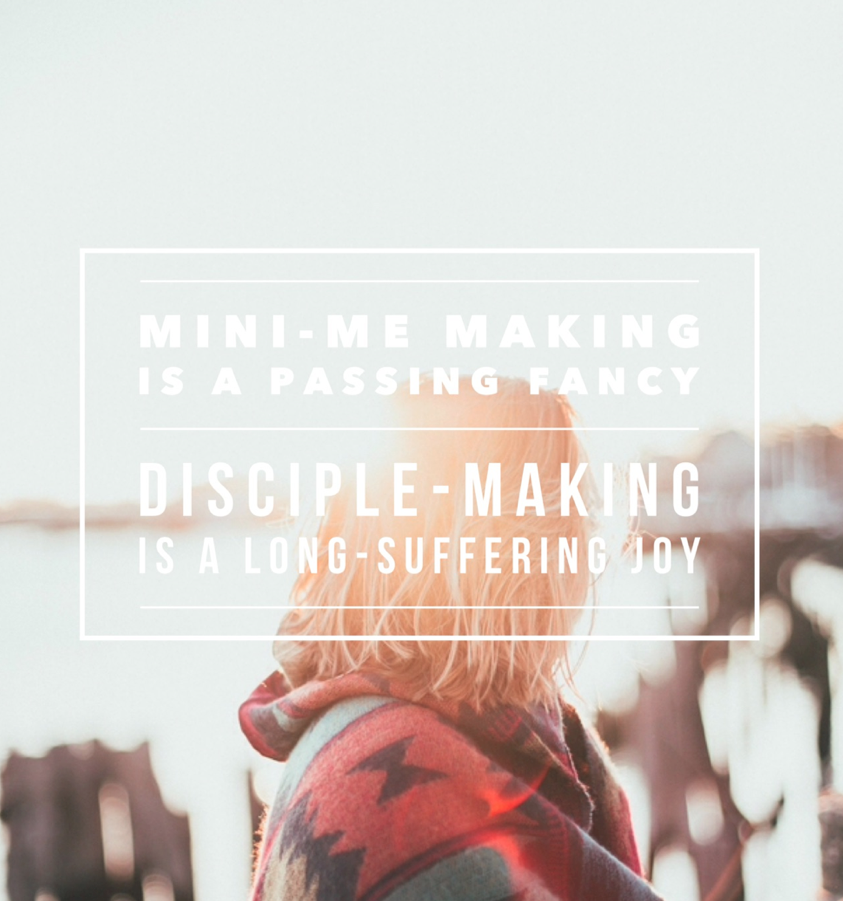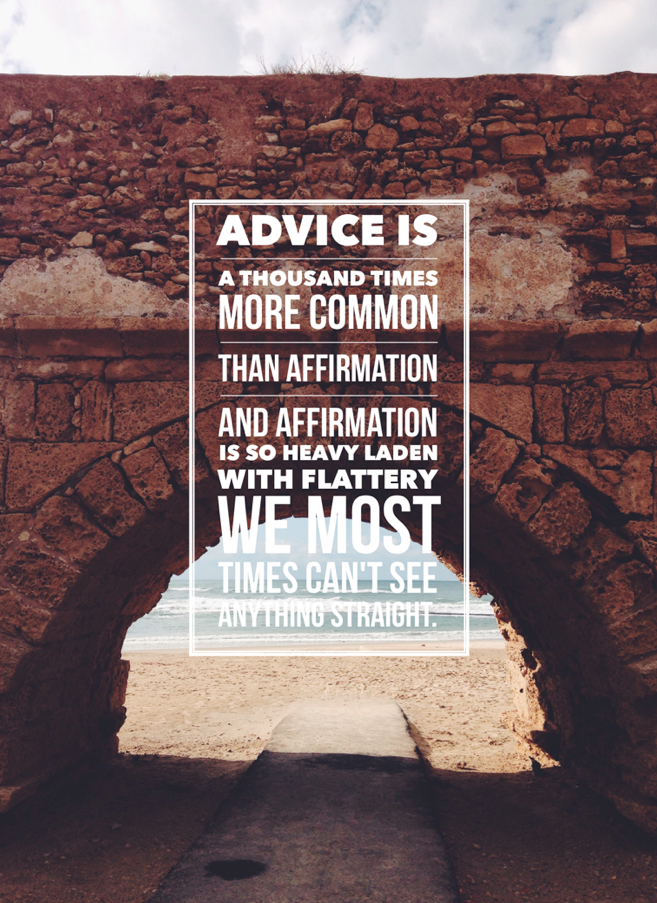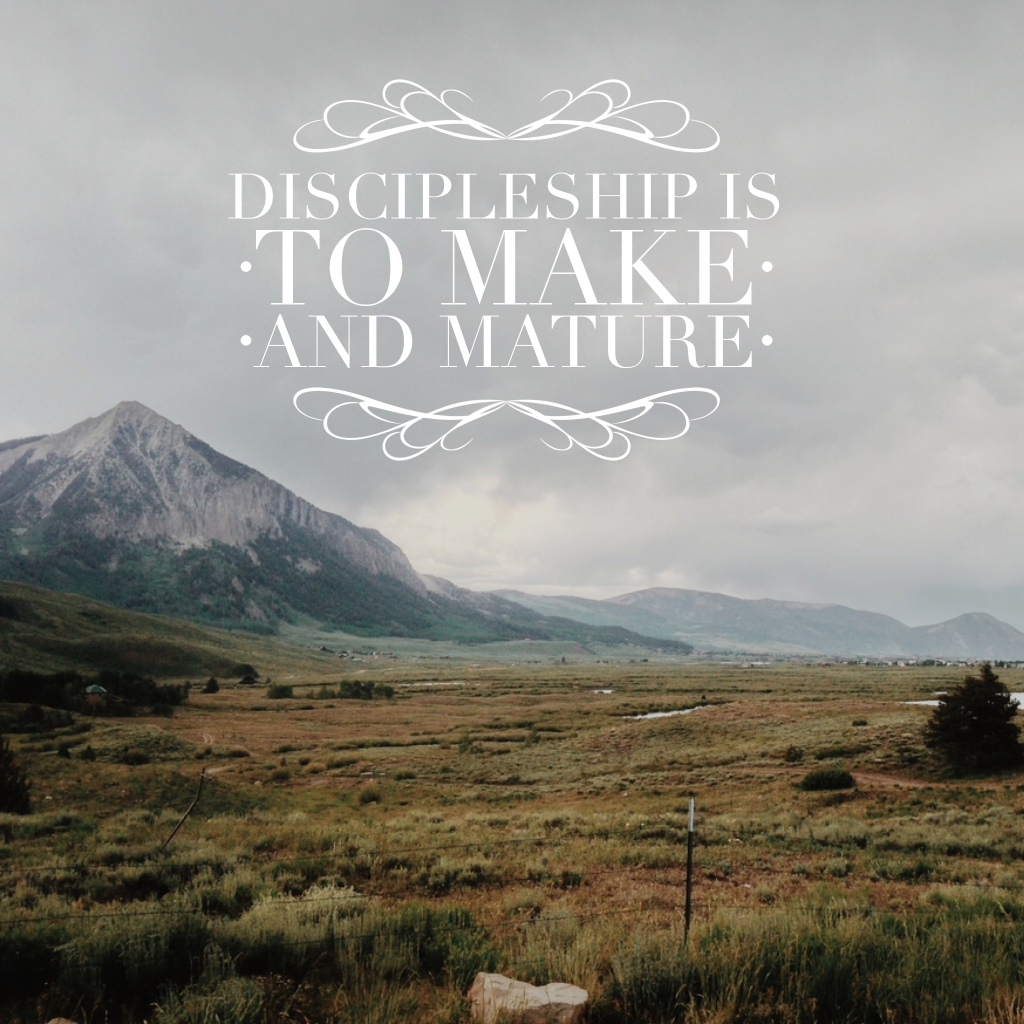Good Shepherds and the Good Shepherd
This past spring my pastor said to me, “The sheep never stop needing a shepherd.” In context he was saying, “I kept waiting for a time when the sheep wouldn’t need me so badly, for a time when they’d grow up and mature, but the truth is as long as God has me here, I’m their shepherd and am called to them.” This morning we read Psalm 23 and John 10 and last night in a meeting we talked about what faithful and good shepherding looks like and how we fail at it so often. A good sermon does not a good shepherd make. A good spreadsheet does not a good shepherd make. And a good event planner does not a good shepherd make.
To know what makes a good shepherd, we look to the Good Shepherd, Christ.
A good shepherd leaves the flock to find the one (John 10:16) Good shepherding means at times the majority of the flock may feel left alone, but if they know their shepherd, they trust he will return. They know the business of their shepherd, which is to care for each sheep—even the wayward ones. The good shepherd always returns and teaches his flock to rejoice at the homecoming of the lost.
A good shepherd uses his rod and staff (Ps 23:3) Good shepherding means faithful disciplining, but it also means knowing discipline is ultimately a comfort. The ultimate aim of discipline is not alienation, but cultivation for the sake of health. The good shepherd corrals his sheep toward the flock because it is the safest place for them.
A good shepherd lays down his life (John 10:11) A good shepherd does not count his life as something to be grasped or held or protected. He does not protect his personality, his comforts, his time, or his energy. He lays himself across the threshold of the gate and lays down his life.
A good shepherd knows his Father and his Father knows him (John 10:14) A good shepherd is like Enoch, walking with God. His food is to do the will of the Father. He knows the father more than he knows good theologians or good literature. He is known by the Father, laying bare his life and heart before the one who shepherds the shepherd.
A good shepherd has authority (John 10:18) A good shepherd does not demand authority or grasp for it. He simply has it because it has been given to him. He does not cajole or fear when authority seems far from him, he knows who his Father is and the task he has been given.
A good shepherd knows where the still waters and green pastures are and leads his sheep there (Ps 23:1) A good shepherd has adventured out to faraway lands to seek out still waters and green pastures. He has looked under rocks, in dark places, climbed hills, and been sunk in valleys. He seeks and find the stillest waters and greenest pastures for the good of his flock. He does not lead his sheep to mediocre places.
I look through this list and see the myriad of ways I fail at shepherding anyone, even my own heart, and I remember Isaiah’s words in chapter 30:
In returning and rest you shall be saved, in quietness and trust shall be your strength.
If you feel less like a shepherd and more like a lost sheep these days, leading other sheep in wandering ways, return. Rest. Quiet. Trust. Christ is the Good Shepherd and in His goodness He is leading you to good places.















